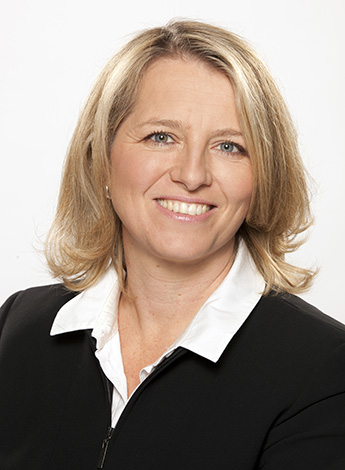
Sports symposium asks: to operate or not? Part 2

PD PROFILE An upcoming virtual sports symposium, explored here by Jane Rooney FACP, weighs up the advantages and disadvantages of operative and non-operative approaches to treatment.
Tell us a bit about the program and presenters of ‘The Great Debate— to operate or not to operate? Lumbar spine, foot and ankle and shoulder conditions’.
Part 2 of the Great Debate Symposium Series will explore current research literature about the possible advantages and disadvantages of common interventions to manage shoulder, foot and ankle and lumbar spine conditions.
Each session will have presentations by specialist physiotherapists or recognised physiotherapist experts in addition to a specialist orthopaedic surgeon or medical specialists and/or researchers in the relevant area, followed by a panel discussion where the audience will be invited to submit questions.
Conditions explored at the symposium include lumbar spine pain and dysfunction, common presentations of the foot and ankle complex and shoulder impingement and instability management.
Professor Rachelle Buchbinder, rheumatologist at Cabrini Hospital, director of the Monash-Cabrini Department of Musculoskeletal Health and Clinical Epidemiology and Professor of Clinical Epidemiology at Monash University, will open the symposium with an overview of the ‘true value’ of specific medical practices commonly employed in the Australian healthcare system.
Other confirmed speakers include Specialist Musculoskeletal Physiotherapist (as awarded by the Australian College of Physiotherapists in 2008) Dr Rob Laird FACP from SuperSpine, Melbourne and Matthew Beard APAM, lead physiotherapist at the Royal Adelaide Hospital’s Spinal Assessment Clinic and physiotherapist at Wakefield House, Adelaide, who will discuss lumbar spine dysfunction management and efficient service delivery models for chronic spinal pain management.
They will be joined by neurosurgeon, anaesthetist and pain physician Dr Guy Buchanan of Metro Pain Group, presenting on operative management techniques and pain modulation options for lumbar spine presentations.
Foot and ankle orthopaedic surgeon Daniel Goldbloom will talk about operative decision- making and management of commonly encountered foot and ankle conditions.
Dr Sue Mayes, physiotherapist, director of artistic health at the Australian Ballet and adjunct research fellow at La Trobe University, will take participants through non-operative management of the foot and ankle complex.
Many other exciting speakers are soon to be announced, including specialist orthopaedic surgeons and physiotherapists who will present on commonly encountered shoulder conditions and non-operative and operative management options.
Who would benefit most from attending?
All physiotherapists, including musculoskeletal and sports physiotherapists working in public or private settings, will benefit from the information presented.
Physiotherapists at all levels, from student members to postgraduate physiotherapists, titled members, registrars and specialist physiotherapists, will learn from the research summaries and clinical expert opinions presented.
Why are these areas especially relevant for sports and exercise physiotherapy?
Many clinicians would be aware of the Choosing Wisely campaign, which is a clinician-led initiative that identifies tests, treatments or procedures that doctors, physiotherapists and patients should question within each field of medicine.
Despite these types of initiatives, the challenges of overtreatment, overdiagnosis, over-imaging and possible harm through inappropriate interventions continue in modern medicine.
This symposium will explore some of the conditions commonly encountered by physiotherapists in
their daily practice and assist them with discussion of appropriate interventions, based on contemporary research evidence and explored with their patients in a shared decision-making process.
What are participants likely to take away with them to apply in everyday practice?
Decisions about treatment options should be based on a balance of benefits, harms and treatment alternatives, presented to the patient by the healthcare practitioner in a way that encourages the patient to consider their own individual priorities.
This patient-centred care approach requires a partnership in healthcare and is reliant on the clinician’s specific knowledge of the risks, harms and alternatives as well as their interpersonal and unbiased communication skills.
This symposium will present the current evidence combined with expert opinion on commonly encountered conditions in the ankle, shoulder and lumbar spine for which this process should be employed to optimise intervention outcomes.
‘The Great Debate—to operate or not to operate?
Lumbar spine, foot and ankle and shoulder conditions’ will run virtually from 8 am until 5 pm on Saturday 16 March. Click here for more information and to register.

Jane Rooney FACP is a director of Physio Educators, a Specialist Sports and Exercise Physiotherapist (as awarded by the Australian College of Physiotherapists in 2009) and an associate clinical professor at Swinburne University.
© Copyright 2024 by Australian Physiotherapy Association. All rights reserved.





